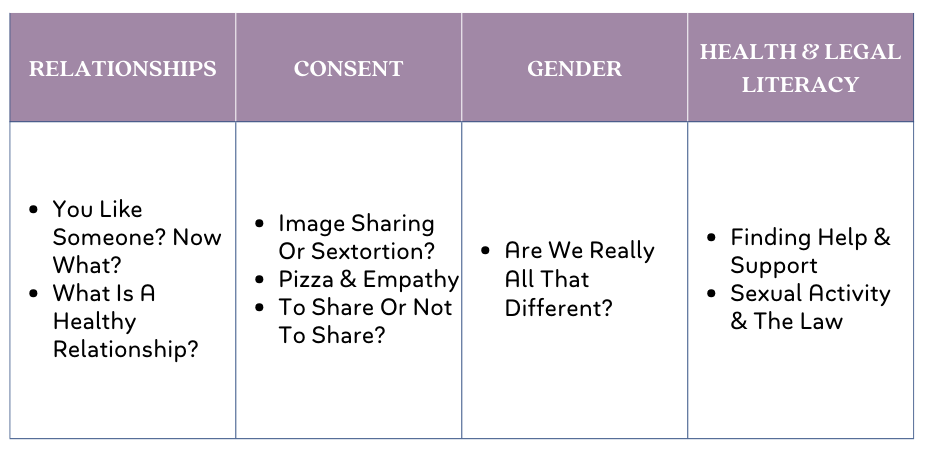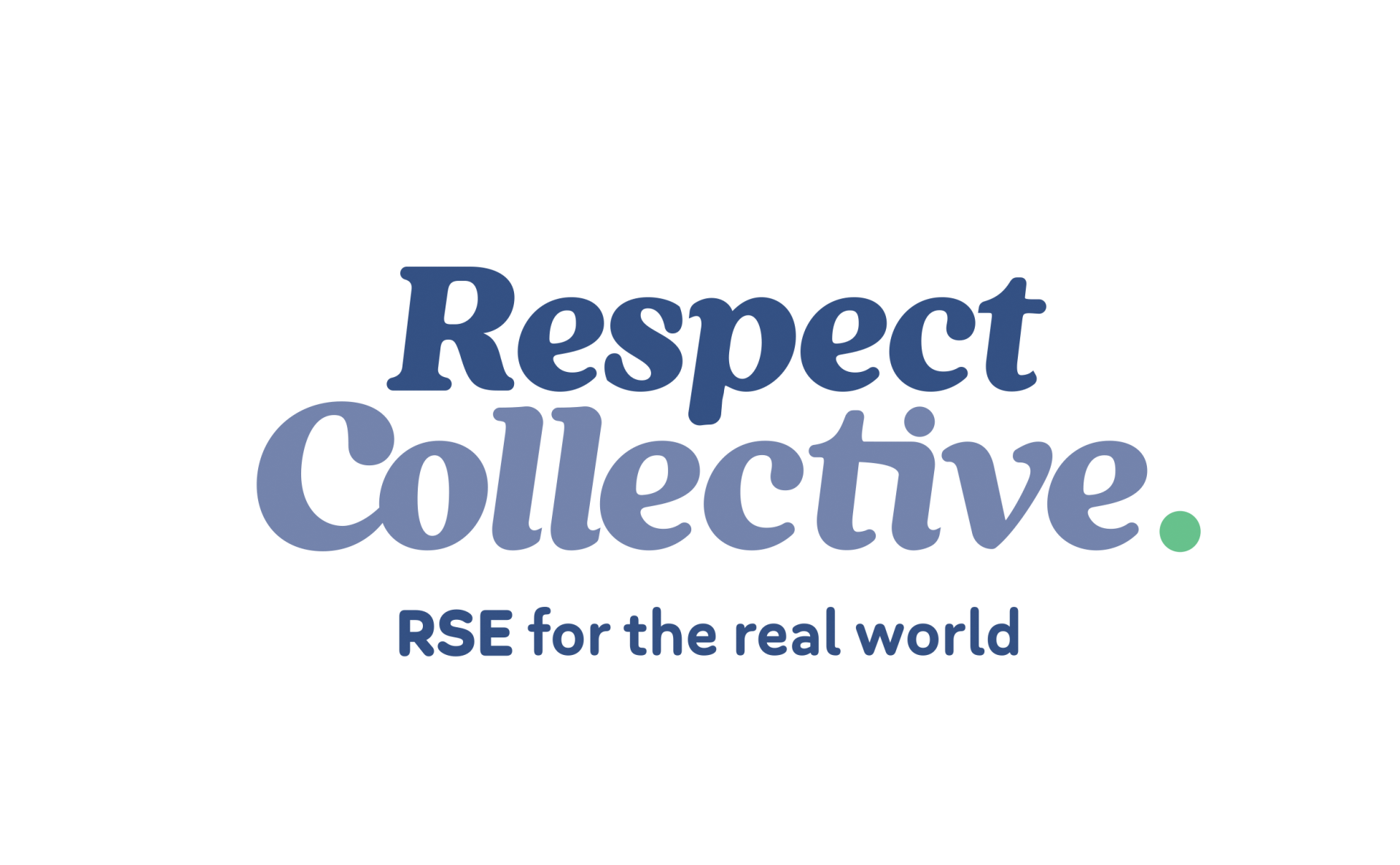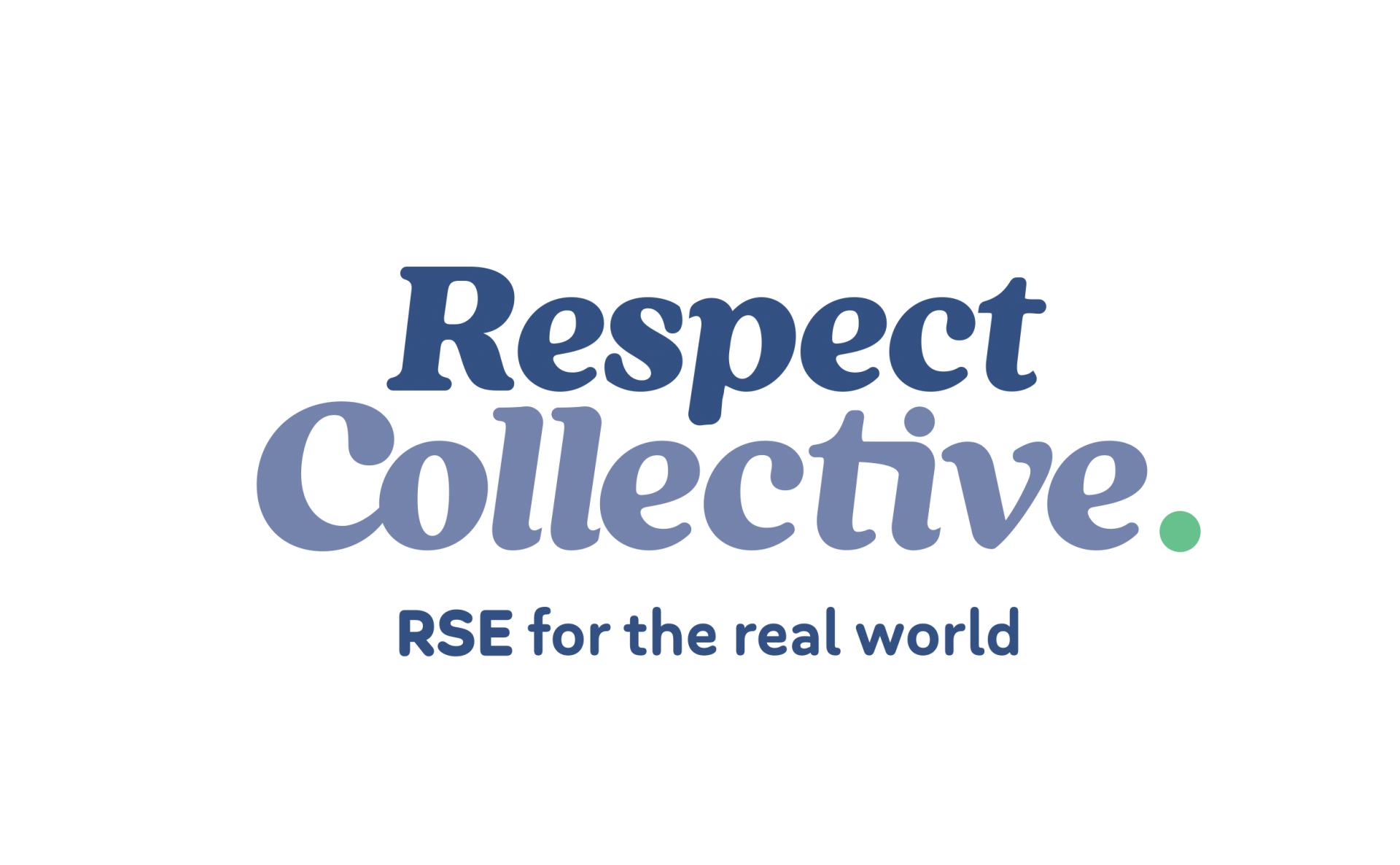Thank you for your interest in this lesson. However, you do not have access with your current AISACT subscription. If your school is wanting to upgrade their individual subscription to access the full curriculum, please email info@respectcollective.com.au
Pizza & Empathy
Learning intentions:
-
12-30 learners
Class size -
8+
Year Level -
60 minutes
Course duration -
Four
Student Handouts
Preparing for the lesson
Facilitator Printouts
Student Printouts
Additional Student Resources


